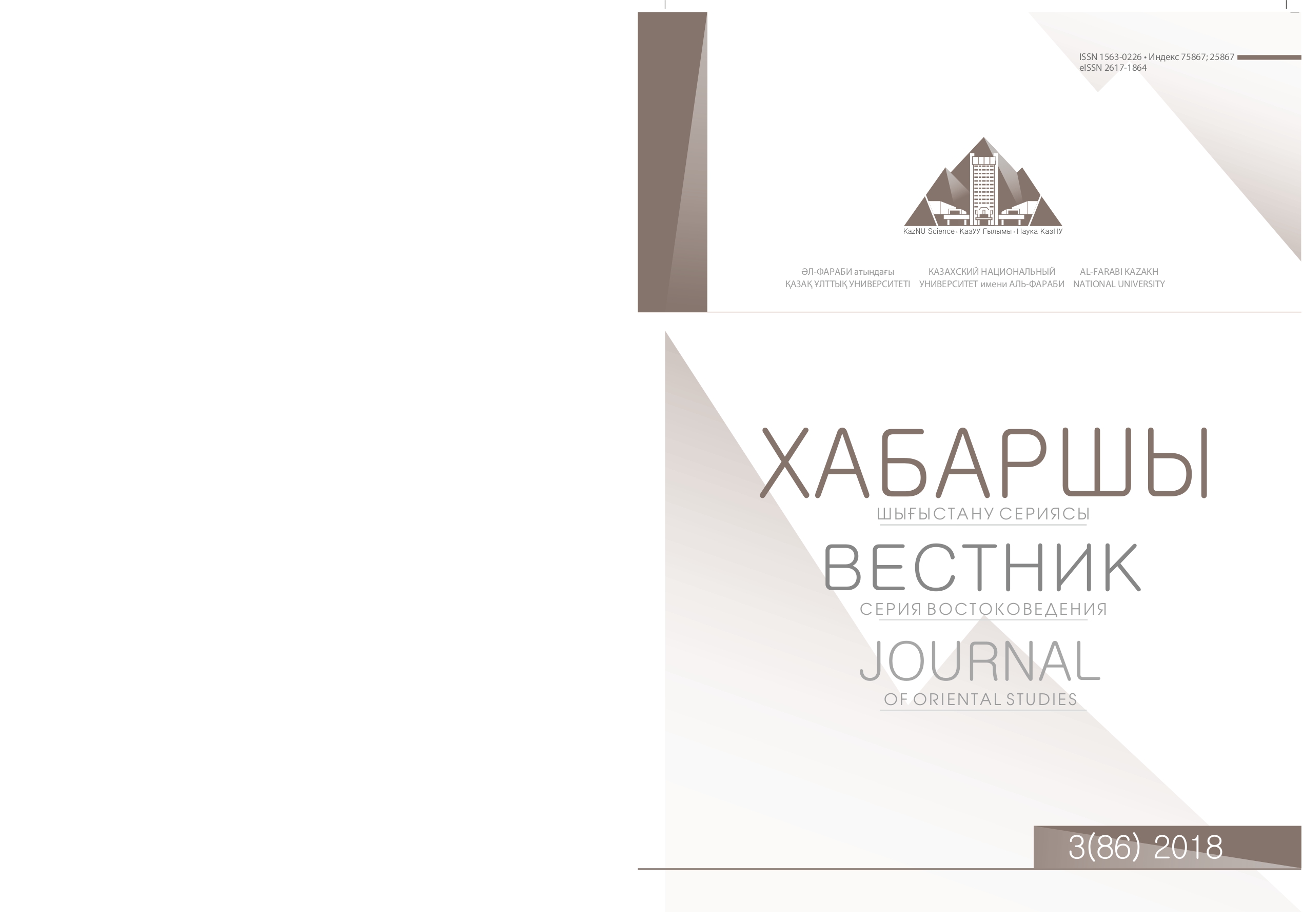THE CULTURAL POWER IN WESTERN IMPERIALIST COLLECTION OF KOREAN CULTURAL ARTIFACTS
Abstract
The paper explored a policy of cultural geography how the imperialist had practiced to dominate the Eastern cultural artifacts at the end of the Joseon Dynasty and during the Japanese colonial period. The loss of Korean symbolic objects had not only occurred by destructions during wars, but also by the operations of imperial forces such as cultural expeditions, scholarly research groups, and diplomats. The imperialist domination of the weak that was realized as a cultural project in the name of Oriental studies concealed its political nature. The imperialist collection of Korean cultural heritage displayed the archetype of how its worldview or ideology had been practiced under the assumption of dominating the Orient by force armed with new technology and knowledge.




